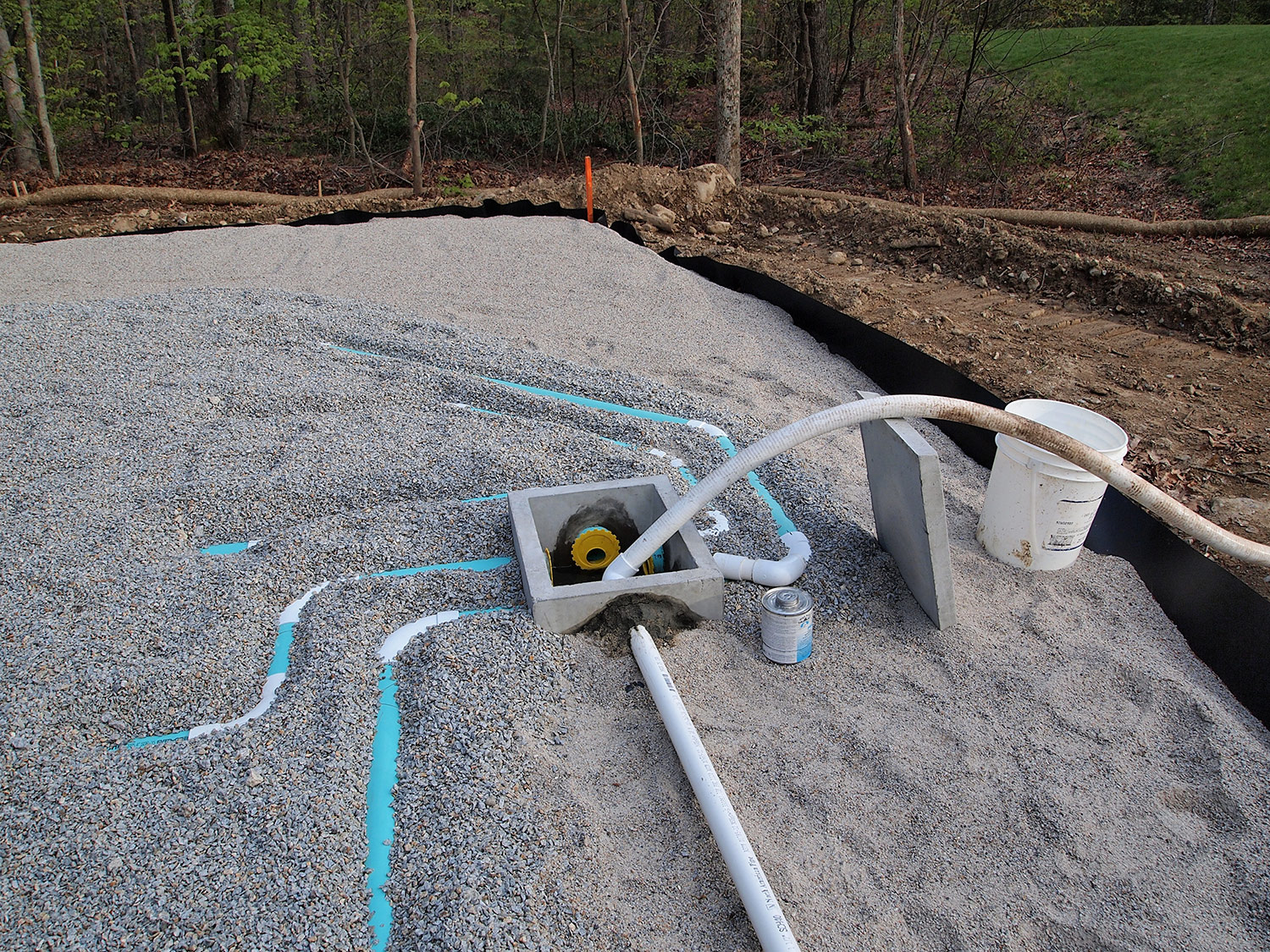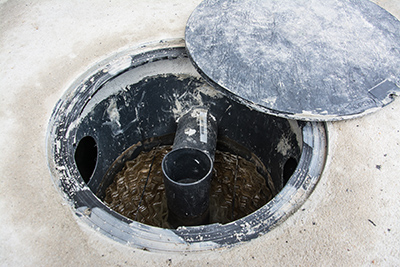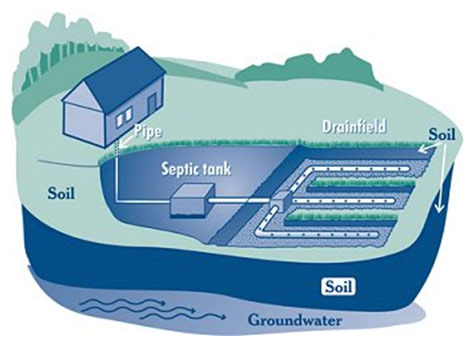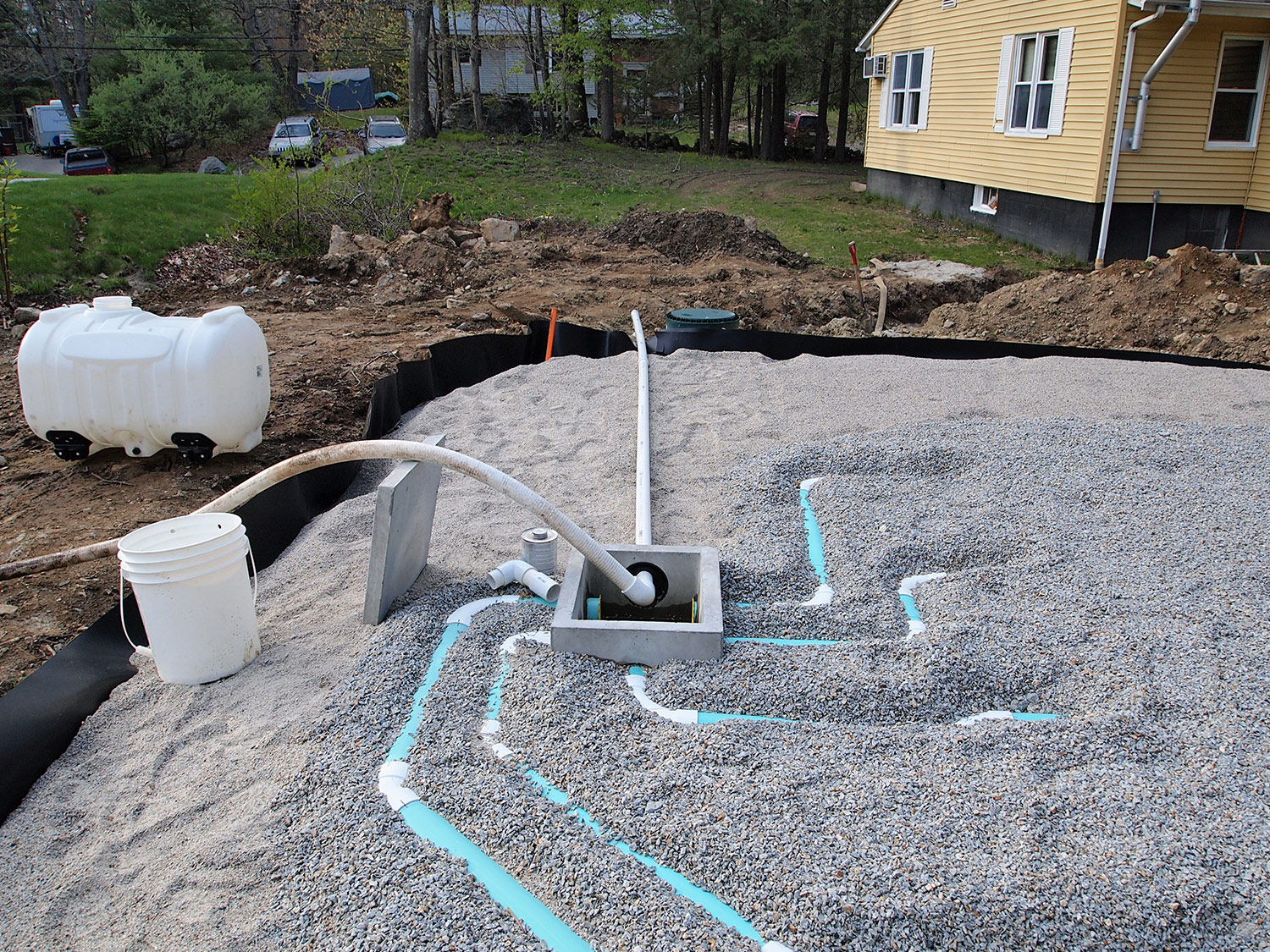
Did you know that as a homeowner you’re responsible for maintaining your septic system? Did you know that maintaining your septic system protects your investment in your home? Did you know that you should periodically inspect your system and pump out your septic tank?
If properly designed, constructed and maintained, your septic system can provide long-term, effective treatment of household wastewater. If your septic system isn’t maintained, you might need to replace it, costing you thousands of dollars. And if you sell your home, your septic system must be in good working order.
Why Should I Maintain My Septic System
When septic systems are properly designed, constructed, and maintained, they effectively reduce or eliminate most human health or environmental threats posed by pollutants in household wastewater. However, they require regular maintenance or they can fail. Septic systems need to be monitored to ensure that they work properly throughout their service lives.
Saving money
A key reason to maintain your septic system is to save money! Failing septic systems are expensive to repair or replace, and poor maintenance is often the culprit. Having your septic system inspected regularly is a bargain when
you consider the cost of replacing the entire system. Your system will need pumping depending on how many people live in the house and the size of the system. An unusable septic system or one in disrepair will lower your property value and could pose a legal liability.
Protecting health and the environment
Other good reasons for safe treatment of sewage include preventing the spread of infection and disease and protecting water resources. Typical pollutants in household wastewater are nitrogen, phosphorus, and disease-causing bacteria and viruses. If a septic system is working properly, it will
effectively remove most of these pollutants.
How Do I Maintain My Septic System
Inspect and pump frequently
You should have a typical septic system inspected at least every 3 years by a professional and your tank pumped as recommended by the inspector (generally every 3 to 5 years). Alternative systems with electrical float switches,
pumps, or mechanical components need to be inspected more often, generally once a year. Your service provider should inspect for leaks and look at the scum and sludge layers in your septic tank. If the bottom of the scum layer is within 6 inches of the bottom of the outlet tee or the top of the sludge layer is within 12 inches of the outlet tee, your tank needs to be pumped. Remember to note the sludge and scum levels determined by your service provider in your operation and maintenance records. This information will help you decide how often pumping is necessary.
Four major factors influence the frequency of pumping: the number of people in your household, the amount of wastewater generated (based on the number of people in the household and the amount of water used), the volume of solids in the wastewater (for example, using a garbage disposal increases the amount of solids), and septic tank size.
Some makers of septic tank additives claim that their products break down the sludge in septic tanks so the tanks never need to be pumped. Not everyone agrees on the effectiveness of additives. In fact, septic tanks already contain the microbes they need for effective treatment. Periodic pumping is a much better way to ensure that septic systems work properly and provide many years of service. Regardless, every septic tank requires periodic pumping.
In the service report, the pumper should note any repairs completed and whether the tank is in good condition. If the pumper recommends additional repairs he or she can’t perform, hire someone to make the repairs as soon as possible.
What Does a Septic Inspection Include?
- Locating the system.
- Uncovering access holes.
- Flushing the toilets.
- Checking for signs of back up.
- Measuring scum and sludge layers.
- Identifying any leaks.
- Inspecting mechanical components.
- Pumping the tank if necessary.
For more information on Septic Tank Inspections, contact Morse Engineering.
EPA







